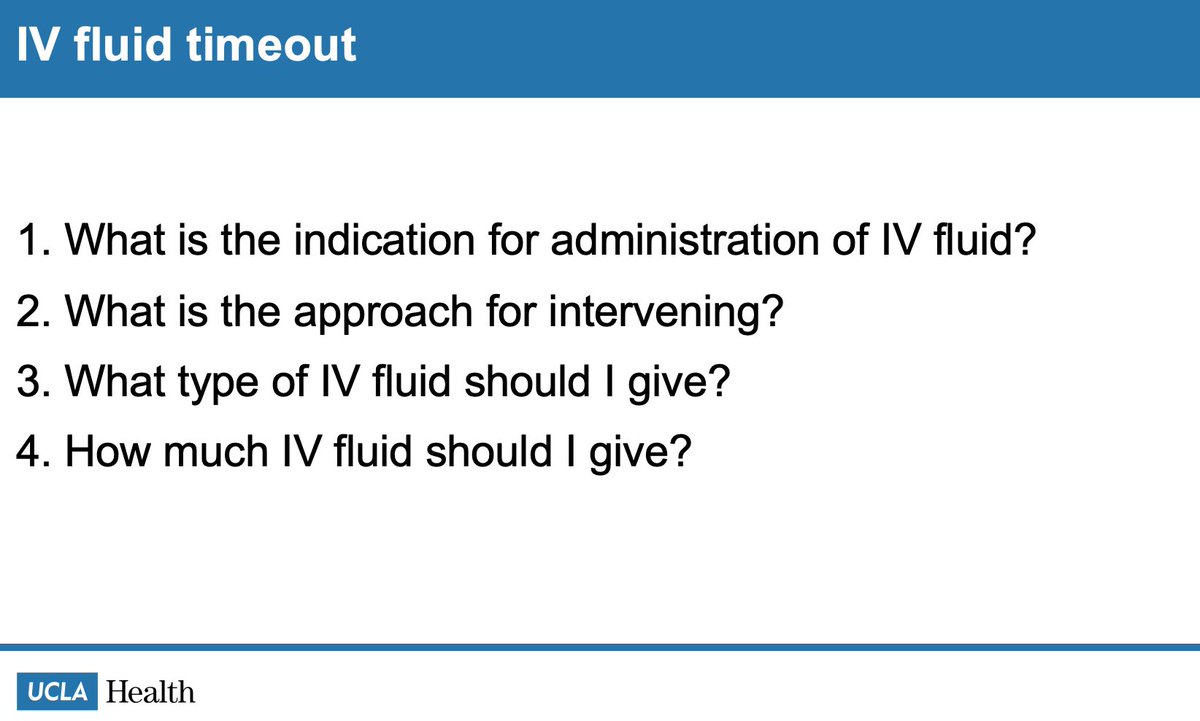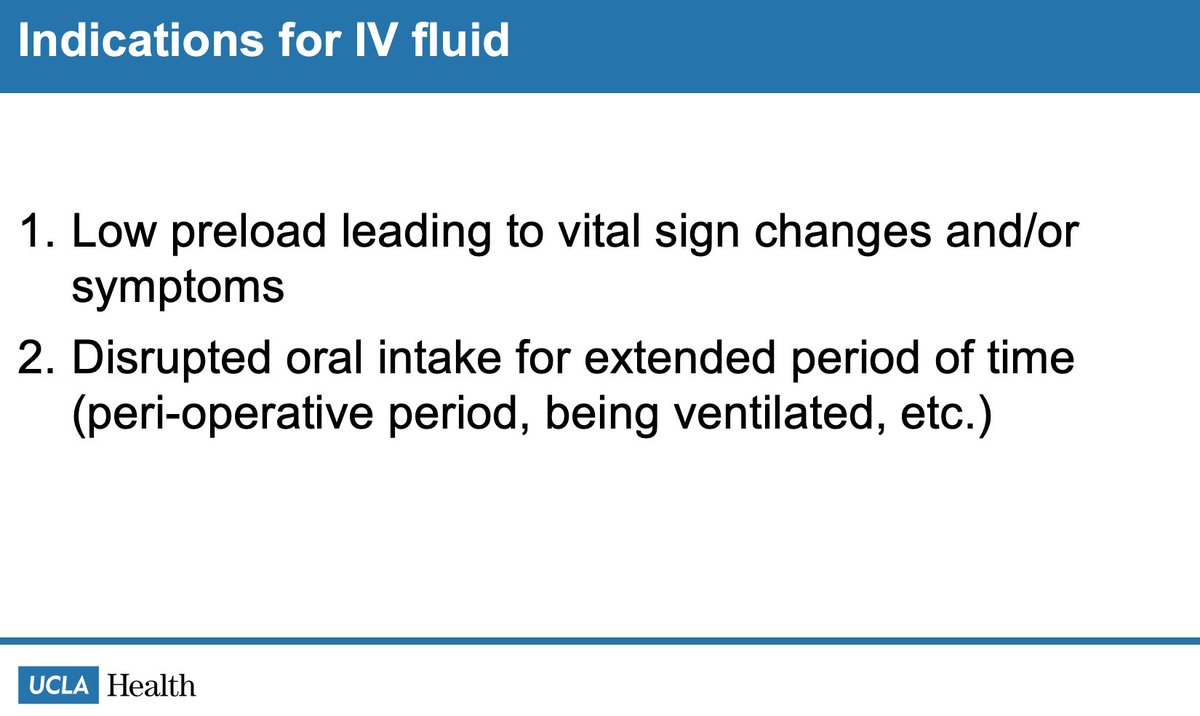
1/8 When might an FeUrea not be as useful as FeNa? Let's explore briefly!
#NephTwitter #MedEd #MedTwitter #Tweetorial #FOAMEd @MedTweetorials
#NephTwitter #MedEd #MedTwitter #Tweetorial #FOAMEd @MedTweetorials
2/8 First of all, a quick reminder that the utility of the FeNa and FeUrea in evaluation of AKI needs to be carefully considered before they are ordered (I'm a big fan of looking at UAs). journalofhospitalmedicine.com/jhospmed/artic…
3/8 You might see a table like the one below that can be used to (cautiously) interpret FENa and FEUrea. 

4/8 Remember that the fractional excretion is determined by 3 different factors (pay close attention to the equation at the bottom of the image).
- Filtration
- Reabsorption
- Secretion
- Filtration
- Reabsorption
- Secretion

5/8 Why can't you use a FeNa when a patient is on a diuretic? The diuretic will ⬇️ reabsorption, so the excretion can be ⬆️ than expected. This is why an FeUrea is thought to be of more utility in this instance.
6/8 So why Urea? Na is primarily absorbed in the proximal nephron, so a surrogate marker would need to follow a similar pattern of absorption. A key point is that this only works if a patient has INTACT proximal function.
7/8 Are there instances where an FeUrea might not be as useful as an FeNa? The biggest one is uncontrolled diabetes, where glucose causes an osmotic diuresis, leading to IMPAIRED proximal function. (The FeUrea would be ⬆️ than expected).
8/8 In summary, if you decide to use urinary indices to evaluate AKI, be aware of the pitfall of interpreting the FeUrea in cases of hyperglycemia and subsequent glucosuria!
• • •
Missing some Tweet in this thread? You can try to
force a refresh






